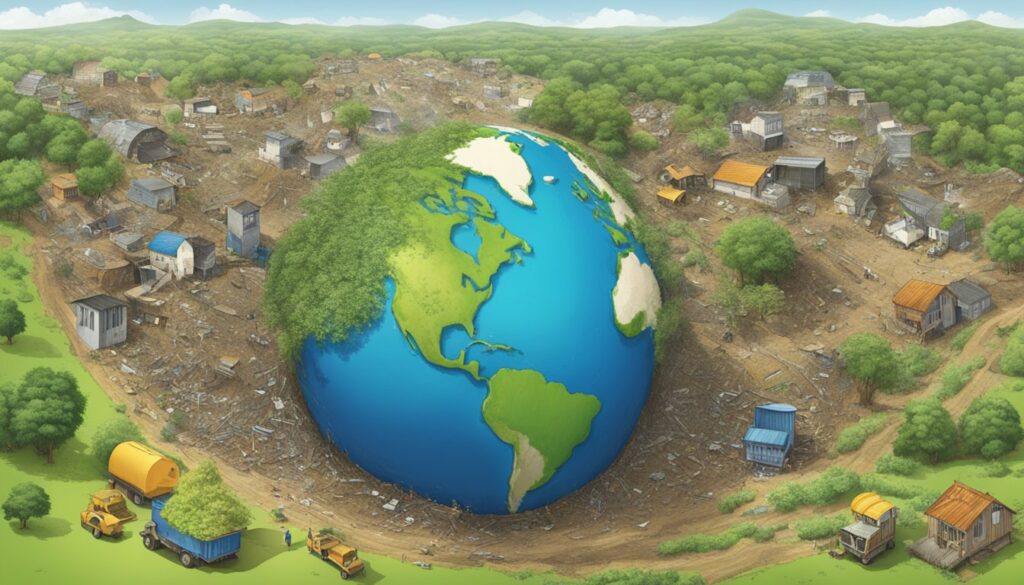In 2019, the carbon emission levels ascribed to the wealthiest individuals vastly outweighed those by most of the world’s population. This disparity highlights a critical environmental concern. Those at the higher end of wealth not only indulge in lifestyles with significant carbon footprints but also invest heavily in industries that are primary contributors to pollution.
The accelerating rate of carbon emissions brings to light severe ramifications for climatic conditions globally. Increased temperatures, more frequent and severe natural disasters impact regions across Southeast Asia and East Africa predominantly, affecting communities with scarce resources to adapt or recover.

The executive leadership of Oxfam has cast a spotlight on the elite’s substantial role in environmental degradation, advocating for a shift away from extreme wealth concentration due to its link with unsustainable ecological practices. The data reveals that the carbon footprint of the wealthiest 1% is equivalent to the emissions of all transport vehicles globally. This group alone has a carbon emission level that can negate the environmental benefits of hundreds of thousands of wind turbines.
Discussions extend beyond historical contributions to climate change, emphasizing present responsibilities. The conversation at international forums such as U.N. climate conferences is now pivoting towards the environmental accountability of the affluent.
Recommendations from environmental quarters like Oxfam include the imposition of taxes on excessive wealth and carbon-heavy behaviors. Aimed at redistributing wealth and promoting investments in clean energy, such fiscal policies could potentially generate trillions of dollars and substantially cut emissions, the equivalent of a major country’s yearly pollution.
The social discourse expands as narratives around climate impact inequality gain traction. Moves like Canada’s taxation on luxury goods and U.S. proposals to tax private jet travel emerge from a growing public sentiment that favors holding high emitters financially accountable.
The environmental agenda is not devoid of contrasting narratives, as evidenced by media personalities showcasing divergent actions and opinions on climate mitigation, occasionally making personal choices that embrace sustainability.
As climate phenomena such as El Niño intensify, the potential economic repercussions could reach staggering proportions, underlining the urgency for a more equitable climate action approach.
Formatted in a manner to deliver pertinent information efficiently:
- Wealth and Carbon Footprints:
- Top 1% vs. bottom two-thirds
- Lifestyle vs. industry investment
- Climate Impact on Vulnerable Communities:
- Enhanced temperatures
- Increased natural disasters frequency
- High-Emitting Lifestyles:
- Equivalent to global transport emissions
- Counteracts renewable energy efforts
- Fiscal Policies for Climate Action:
- Wealth taxes
- Investment in renewable resources
- Public support for emission taxes
The obligation of wealthier demographics in curbing their environmental impact remains a key topic, as the debate around the equitable distribution of climate responsibilities and sustainable practices continues unabated.
Related Resources: